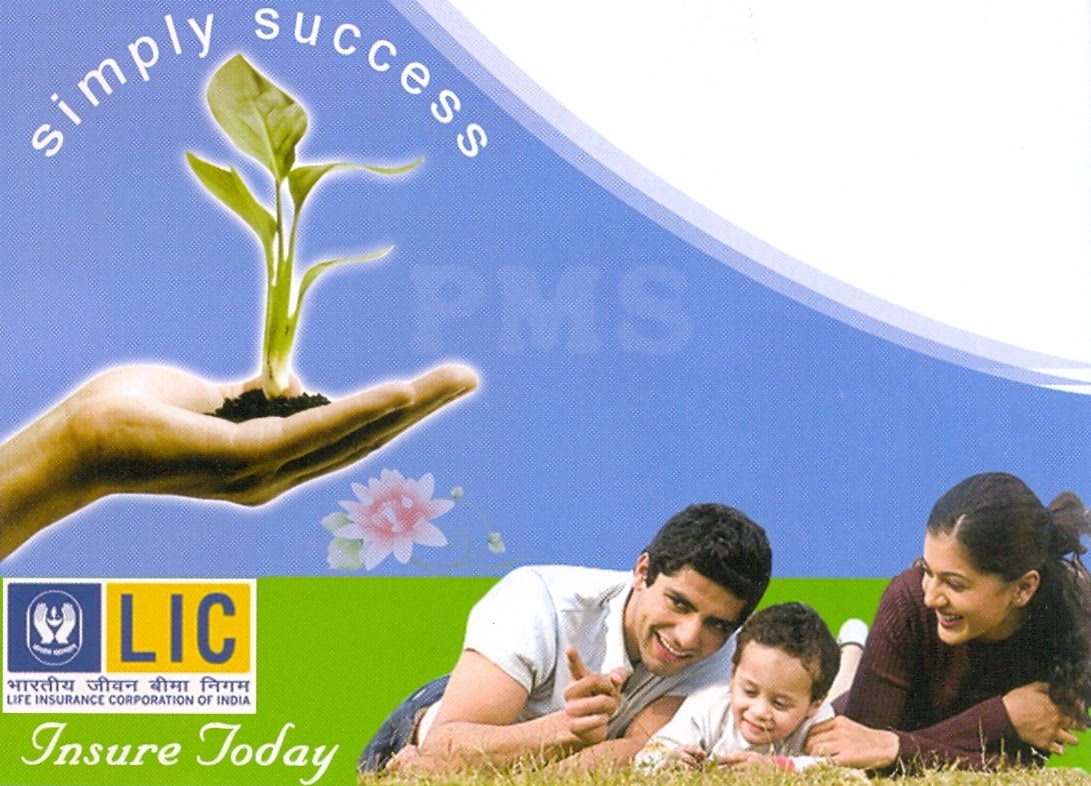The Future of Insurance Marketing: Harnessing Innovation for Success
The insurance industry has long been known for its traditional and conventional marketing strategies. However, as we step into the digital age, it is becoming increasingly essential for insurance companies to adapt and embrace innovative techniques to stay competitive in an ever-evolving market. With the rise of technology and the changing needs and behaviors of consumers, insurance marketing is on the brink of a revolution.
In today’s fast-paced and interconnected world, traditional marketing approaches fall short in reaching and engaging potential customers. The future of insurance marketing lies in harnessing innovation to create personalized, targeted, and interactive campaigns that resonate with individuals on a deeper level. By leveraging the power of data analytics, artificial intelligence, and digital platforms, insurance companies can gain valuable insights into consumer preferences, enabling them to develop tailored marketing strategies that capture attention and drive conversions.
Gone are the days of blanket advertising and generic messaging. In order to succeed in the future of insurance marketing, companies must adopt a customer-centric approach. This means understanding and catering to the unique needs and desires of each individual customer. By utilizing advanced technologies and automation tools, insurers can deliver personalized content, recommendations, and offers to their target audience, ensuring a higher level of engagement and satisfaction.
Innovation is not just about reaching potential customers; it also plays a vital role in streamlining processes and enhancing the overall customer experience. By leveraging technology, insurance companies can simplify and expedite procedures, making it easier for customers to navigate the complexities of insurance policies and claims. Furthermore, embracing innovation allows insurers to tap into emerging trends such as digitized health monitoring, smart homes, and usage-based insurance, creating new avenues for marketing and product development.
While the traditional foundations of insurance marketing may still hold value, the future demands a shift towards embracing innovation. By harnessing the power of cutting-edge technologies and catering to the evolving needs of consumers, insurance companies can position themselves for success in an increasingly dynamic and competitive landscape. The future of insurance marketing is here, and those who seize the opportunities it brings will undoubtedly pave the way for a prosperous future.

Emerging Technologies in Insurance Marketing
With the rapid advancement of technology, the insurance industry is also undergoing a transformation in its marketing strategies. Innovative technologies are revolutionizing how insurance companies reach out to and engage with their target audience. In this section, we will explore the emerging technologies that are reshaping insurance marketing.
-
Artificial Intelligence (AI): AI is playing a pivotal role in enhancing insurance marketing efforts. Through machine learning algorithms, AI can analyze vast amounts of data to gain valuable insights into customer behavior and preferences. This enables insurance companies to offer tailored products and personalized experiences to their customers. Additionally, AI-powered chatbots are being used to provide quick and accurate responses to customer queries, improving customer service and satisfaction.
-
Internet of Things (IoT): The IoT has enabled insurers to gather real-time data through connected devices, such as wearable health trackers and smart home systems. This data provides insurers with a deeper understanding of customer risks and behaviors. By utilizing this wealth of information, insurers can develop targeted marketing campaigns and offer customized policies that align with their customers’ specific needs and lifestyles.
-
Blockchain Technology: Blockchain has the potential to revolutionize the insurance industry by enhancing transparency, security, and efficiency. It can streamline the insurance process by providing a decentralized and immutable record of transactions, reducing the need for third-party verification. In terms of marketing, blockchain technology can enable insurers to build trust with customers by ensuring the integrity of their data and providing transparent claims processes.
These emerging technologies are revolutionizing insurance marketing by enabling insurers to understand their customers better, offer personalized products and services, and improve overall customer experience. As the insurance industry embraces these innovations, we can expect to see further advancements in how insurance products are marketed and sold to consumers.
Utilizing Data Analytics for Targeted Marketing
In today’s highly competitive insurance market, companies are increasingly turning to data analytics to enhance their marketing strategies. By utilizing sophisticated data analysis techniques, insurers can gain valuable insights into customer behavior and preferences, enabling them to tailor their marketing efforts for maximum impact.
One of the key benefits of data analytics in insurance marketing is the ability to identify and target specific customer segments. By analyzing large volumes of data, insurers can identify patterns and trends that reveal valuable information about customer characteristics and preferences. This information can then be used to create targeted marketing campaigns that are more likely to resonate with the intended audience.
Additionally, data analytics allows insurers to personalize their marketing messages to individual customers. By leveraging data on past interactions and purchasing behavior, insurers can generate personalized offers and recommendations that are highly relevant to each customer’s needs and preferences. This level of personalization not only enhances customer satisfaction but also improves the effectiveness of marketing efforts by increasing engagement and conversion rates.
Furthermore, data analytics enables insurers to continuously monitor and evaluate the success of their marketing campaigns. By tracking key metrics such as campaign reach, customer response rates, and sales conversions, insurers can assess the impact of their marketing initiatives and make data-driven adjustments to optimize their strategies. This iterative approach to marketing ensures that insurers can adapt to changing market dynamics and continually refine their tactics for maximum effectiveness.
In conclusion, by harnessing the power of data analytics, insurers can unlock new opportunities for targeted marketing. By identifying specific customer segments, personalizing marketing messages, and continuously evaluating campaign performance, insurers can enhance their marketing strategies to achieve greater success in the dynamic and competitive insurance landscape.
Adapting to Changing Consumer Behaviors
Consumer behaviors are constantly evolving, and insurance marketers must be quick to adapt in order to stay relevant in this dynamic landscape. With the rise of digital technology and the increasing influence of social media, the way consumers interact with insurance companies has drastically changed. It is crucial for insurance marketers to understand these changes and tailor their strategies accordingly.
One key aspect of changing consumer behaviors is the demand for personalized experiences. Today’s customers expect tailored insurance products and services that cater to their specific needs. To meet this expectation, insurance marketers need to leverage innovative technologies such as artificial intelligence and big data analytics. These tools enable insurers to gather and analyze vast amounts of customer data, allowing them to create highly personalized marketing campaigns and offer customized insurance solutions.
Another important shift in consumer behaviors is the growing preference for digital interactions. More and more customers now prefer to research, compare, and purchase insurance products online. Insurance marketers must embrace digital marketing strategies to effectively reach these customers. This includes developing user-friendly websites, mobile apps, and online platforms where customers can easily access information and purchase insurance policies.
Furthermore, social media has become a powerful tool for insurance marketers to engage with consumers. Platforms like Facebook, Twitter, and Instagram provide opportunities to build brand awareness, share educational content, and interact with customers directly. Successful insurance marketers are those who actively leverage social media to connect with their target audience and build meaningful relationships.
In conclusion, adapting to changing consumer behaviors is crucial for insurance marketers to succeed in today’s market. By embracing personalized experiences, digital interactions, and leveraging social media, insurance companies can effectively engage with customers and drive their marketing efforts towards success. As consumer behaviors continue to evolve, it is essential for insurance marketers to stay abreast of the latest trends and adapt their strategies accordingly.


